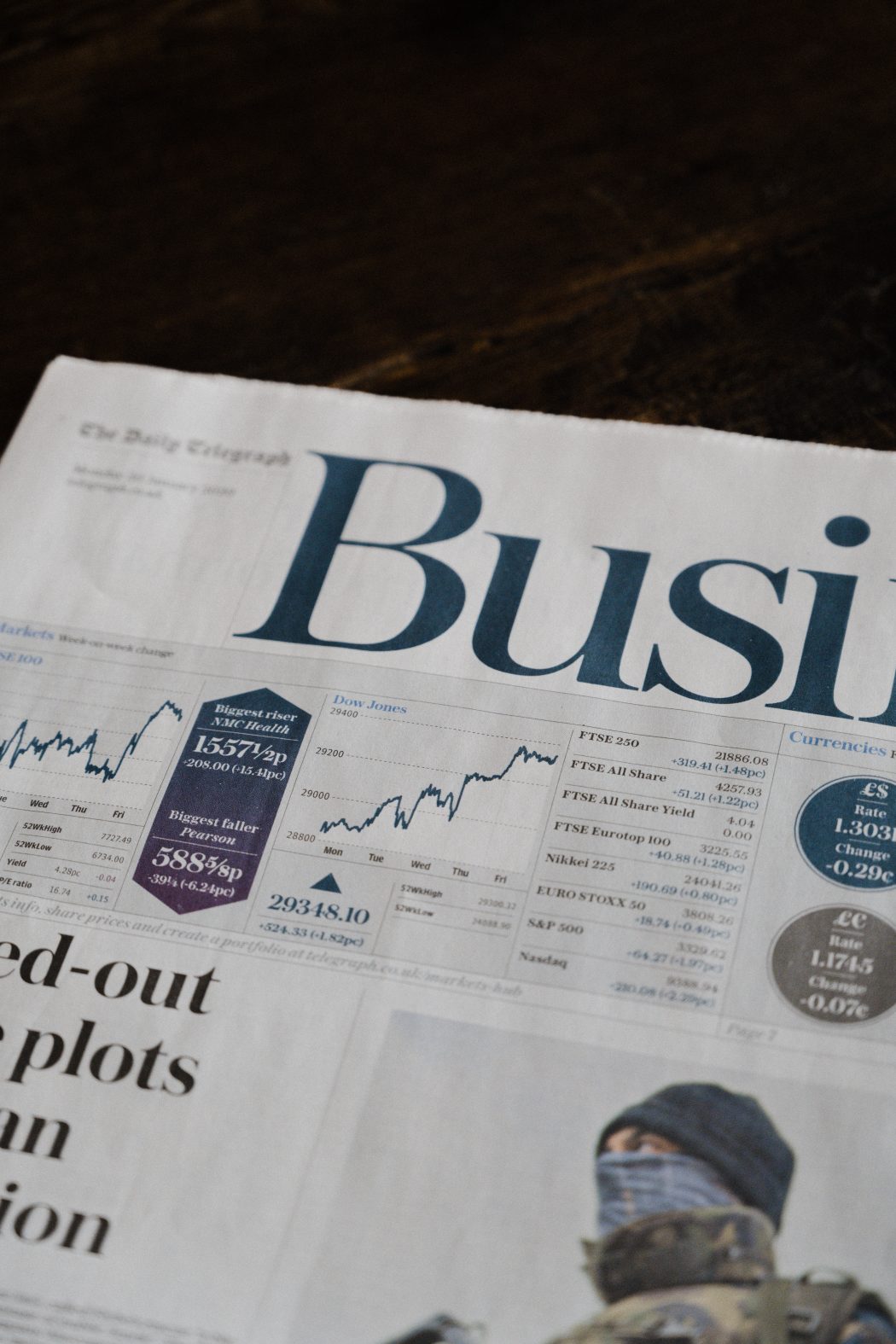The start of 2022 has been marked by major geopolitical tensions, most notably with Russia’s invasion of Ukraine. As war looms over Europe, many equity investors around the world are increasingly worried about the value of their holdings. As of March 5, 2022, the Standard & Poors 500 index was down 9.75% year-to-date, with a drop of 3.50% just in the last month, amid the war in Ukraine, record-high inflation, and increasing interest rates. Even worse, Nasdaq entered bear market territory after dropping nearly 20% since November. Will the equity sell-off last, or will markets shrug off the uncertainty surrounding the conflict?
As war looms over Europe, many equity investors around the world are increasingly worried about the value of their holdings.
Not all stocks are impacted by international conflict the same way. As such, global conflict often results in increased volatility in equity markets. European banking stocks such as Credit Suisse (CSGN) and Banco Santander SA (SAN) are down 23.73% and 17.37% respectively in the last month, triggered by investors wanting to minimize their exposure to Russia. American banks were not spared from the sell-off, with stocks like Bank of America Corp (BAC) falling 15.58% in the last month. Travel stocks, which continue to suffer from pandemic-related restrictions, have also been severely impacted by the conflict in Ukraine, amid the closing of airspaces and the suspension of several international routes. For instance, German carrier Lufthansa (LHA) fell 17.50% in the last 30 days, as flights were suspended and energy prices rose.
Some sectors of the economy have benefited from the latest developments in Ukraine. On March 4, 2022, out of the 10 best-performing stocks in CNN’s Market Movers, 6 were energy stocks and 2 were defense stocks. As countries like Germany, France, and Canada send weapons to Ukraine, equity investors are rushing to buy defense stocks such as Lockheed Martin (LMT) and L3Harris Technologies (LHX), which are up 16.77% and 22.73% in the last month. Russia’s attack on Ukraine has also shot up the price of oil across the world, amid disruptions in Russian energy exports which account for over 12% of global crude oil production. On March 2, 2022, the oil prices reached $114 a barrel, the highest since 2014. Occidental Petroleum Stock (OXY), an American energy company, saw its shares go up by 36.95% in the last month, with investors such as Warren Buffett capitalizing on the opportunity.
Some sectors of the economy have benefited from the latest developments in Ukraine.
The volatility in today’s equity markets could present an opportunity for investors to grow their positions in underperforming stocks and “buy the dip.” However, some believe that stock prices may drop further, as markets may not have fully priced in further escalations of the conflict. According to a strategist at Wells Fargo, investors ought to be patient and not sell their holdings as there is still much uncertainty around the events in Ukraine.
While the war in Ukraine has wreaked havoc on equity markets around the world, the more important question is whether the volatility caused by the conflict will persist. When looking back at major geopolitical crises, there is a clear trend: markets tend to bounce back quickly. During World War One, the Dow Jones gained over 43% or 8.7% per annum. In World War Two, the stock market contracted 3% after the attack on Pearl Harbor but recouped the losses in one month. After 9/11, markets shrunk by over 15% before recovering within months. In fact, since 1941, the S&P 500’s average total drawdown — total drop in price from the peak — was 5% after 21 major geopolitical incidents, with an average of only 45 days before full recovery.
When looking back at major geopolitical crises, there is a clear trend: markets tend to bounce back quickly.
While these events are not perfectly comparable to the ongoing situation in Ukraine, it can bring some hope to long-term investors to know that stocks often weather international tensions. In the short run, however, amid the war in Ukraine, rising inflation, and commodity prices, investors should expect higher volatility in equity markets. Nonetheless, the loss of value in stock markets is only a small burden when compared to the millions of displaced Ukrainians and the increasing death toll from the war.








